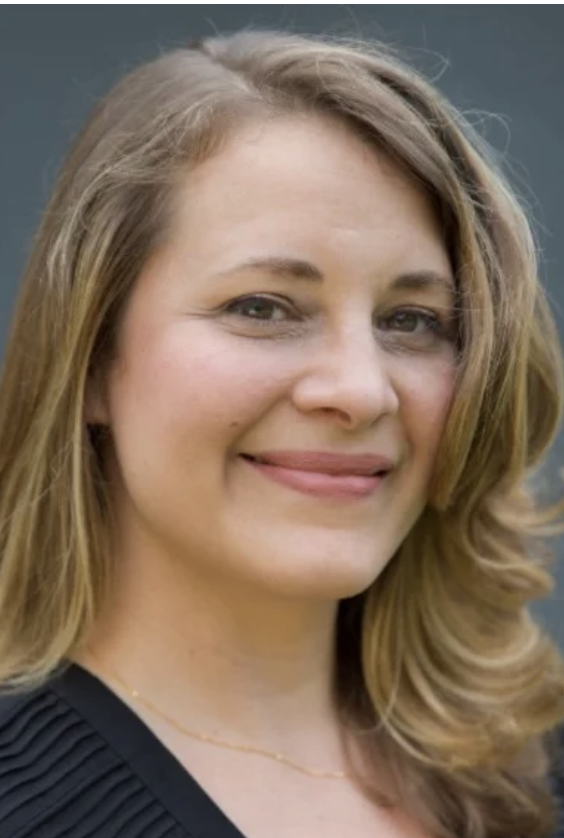|
Choral and Vocal
CANTIAMO SONOMA'S LUSCIOUS A CAPELLA SINGING IN SEASON ENDING CONCERT
by Pamela Hicks Gailey
Sunday, June 8, 2025
Choral and Vocal
MASTERFUL SINGING CLASS IN SCHROEDER HALL
by Pamela Hicks Gailey
Sunday, February 2, 2025
Choral and Vocal
CELEBRATORY MARIN ORATORIO CONCERT AT THE JAMES DUNN THEATER
by Abby Wasserman
Saturday, December 14, 2024
Choral and Vocal
BAROQUE EXTRAVAGANZA AT AMERICAN BACH MARIN CONCERT
by Abby Wasserman
Friday, October 25, 2024
Choral and Vocal
MERCURY IN FLIGHT
by Pamela Hicks Gailey
Saturday, October 5, 2024
Choral and Vocal
SPARKLING ART SONG AND PIANO SOLO RECITAL AT THE 222 GALLERY
by Pamela Hicks Gailey
Saturday, September 28, 2024
Choral and Vocal
MESMERIZING CONTEMPORARY WORKS FEATURED AT CANTIAMO SONOMA'S SEASON ENDING CONCERT
by Pamela Hicks Gailey
Sunday, June 2, 2024
Choral and Vocal
TWENTY FOUR PLUS ONE AT THE 222 JUNE 1
by Pamela Hicks Gailey
Saturday, June 1, 2024
Choral and Vocal
RECONCILIATION THEME IN MARIN ORATORIO CONCERT
by Potter Wickware
Saturday, May 18, 2024
Choral and Vocal
VIBRANT GOOD FRIDAY REQUIEM AT CHURCH OF THE ROSES
by Pamela Hicks Gailey
Friday, March 29, 2024
|
 |
 Laura Wiebe, director |
RECONCILIATION THEME IN MARIN ORATORIO CONCERT
by Potter Wickware
Saturday, May 18, 2024
Conducted by Laura Wiebe, the Marin Oratorio chorus performed works by Vaughan Williams and Fauré at College of Marin’s James Dunn Theater. The May 18 program Lux Perpetua is reviewed here.
A theme of consolation and reconciliation unfolded with Vaughan Williams’s An Oxford Elegy, a music-poetry hybrid that joins the score with verse by Matthew Arnold, recited by the Marin actor and voice-over artist Joel Paulino. An early form of mixed media, the text of the Elegy is itself a fusion of two works by Arnold, the narrative poems “The Scholar-Gipsy” and “Thyrsis,” which express Arnold’s desire to find relief from “the strange disease of modern life.”
Arnold was a popular and well-regarded poet of the Victorian era, and The Scholar-Gipsy, one of his best-known works, is the tale of a student who abandoned formal academic studies at Oxford to go off and live with the gypsies and immerse himself in their arcane lore and find an alternative approach to living in the modern world. This is an idea with enduring appeal to anyone who has experienced the confinement of academic life and yearned to know the hidden, withheld dimensions that lie beyond, in Arnold’s words, “the great town’s harsh, heart-wearying roar.”
Continuing the syncretic multi-media idea of merging and recombining text and vocal modalities, the composer combined the Scholar-Gipsy with Arnold’s lesser-known Thrysis. Brimming with striking beauty, the pastoral verse is announced in the voice of a youth looking back on the golden years of early life and university. The end effect of the nature imagery of the verse, embellished by the music, was to give a sense of a kind of world-weariness balanced by soaring uplifts of visions seen as through a misty summer haze. While excellent, the program notes did not include the text of Thrysis, making that part of the program hard to follow in places and missing the power of the English verse.
The Elegy was followed by Vaughan Williams’s Serenade to Music, with smaller orchestra and chorus and again recitation by Mr. Paulino, sometimes with singing and sometimes wordlessly vocalized by the chorus.
The second half of the program featured Fauré’s Requiem, part of the worldwide 100 year-recognition of his death. Continuing the theme of revising and recombining, the composer reworded and changed the order of the rigidly formal church text in places, showing the liberalizing tendency that was taking root in music in the post-classical period.
Highlights in the performance including soprano Shawnette Sulker, whose clear, ringing voice glided like birdsong, and baritone Glen Hall’s strong, authoritative delivery, with a stentorian emphasis in the “cuando coeli movendi sunt” in the Liberame movement, giving a hint of the terror of end times. The Liberame also featured a duet between pizzicato strings and kettledrums (Kevin Neuhoff,) terminating in a fermata of a long fading note “dominum.”
In the Paradiso finale movement female voices sounded like angel voices, with long floating notes at the end of phrases, as the celestial music suggested a vision of peace and uplift.
|

